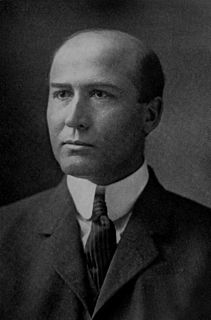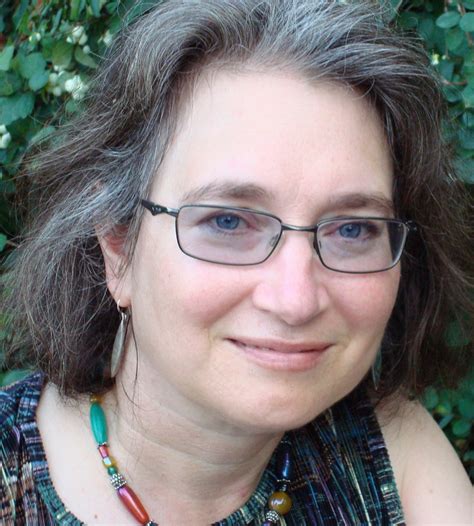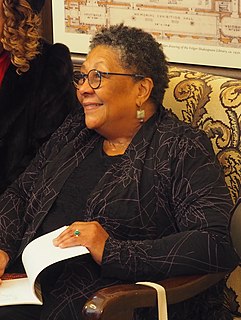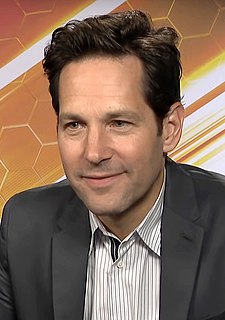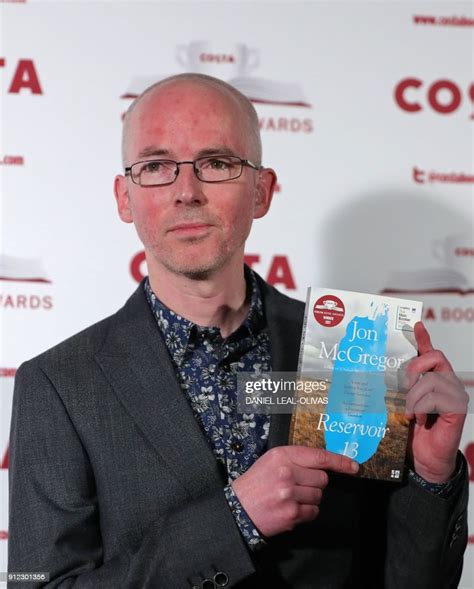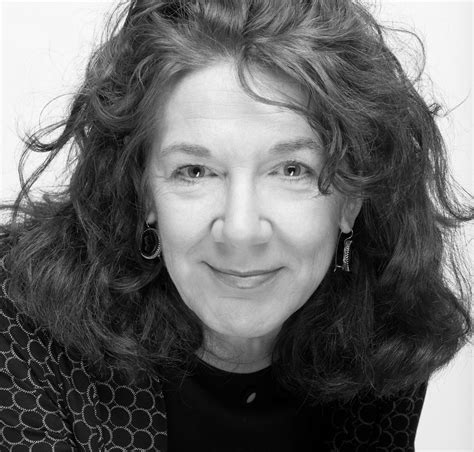A Quote by Peter Davison
The trouble with the performance poets is that they don't seem to have read anything. So there is not a real sense of the poetic tradition in their work.
Related Quotes
My biggest poetic influences are probably 20th-century British and Irish poets. So I suppose I'm always listening for the music I associate with that poetry, the telling images, the brevity. I want to hear it in my own work as well as in the poetry I read. However, I think I'm generally more forgiving of other poets than myself.
I tend to like the way poets form communities. Writing can be lonely after all. Modern life can be lonely. Poets do seem to be more social than fiction writers. This could be because of poetry's roots in the oral tradition - poetry is read aloud and even performed. I'm just speculating, of course. At any rate, because poets form these groups, they learn from one another. That is one of the best things about being a poet.
There's not a big range in the political poetry of the last year, or not a political range. On the one hand, no poet that I know of who writes in English in the United States is anything but a humanist. So all poets, including myself, seem to be under that umbrella. We just don't have Rush Limbaugh poets, Ann Coulter poets.
Our family may seem extraordinary in some magazines or something, but at home it's not. We're really just a very loving family. We're very close, and we don't read magazines. We just kind of go to work and come home. We try to keep a sense of reality into their lives. What's truly real, not Hollywood real.
I was trouble - and always in trouble. Aged eight I still couldn't read. In fact, I was dyslexic and short-sighted. Despite sitting at the front of the class, I couldn't read the blackboard. Only after a couple of terms did anyone think to have my eyes tested. Even when I could see, the letters and numbers made no sense at all.
Nearly all men and women are poetical, to some extent, but very few can be called poets. There are great poets, small poets, and men and women who make verses. But all are not poets, nor even good versifiers. Poetasters are plentiful, but real poets are rare. Education can not make a poet, though it may polish and develop one.





